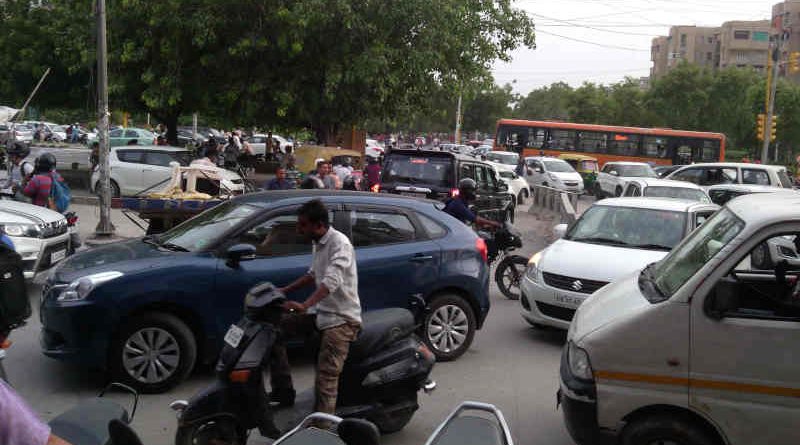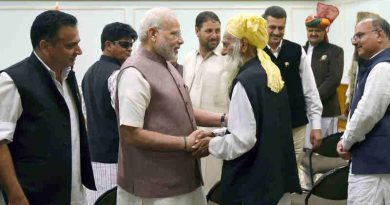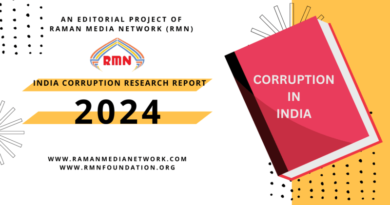Corruption Causes Hunger and Poverty in India

The political corruption is so extreme in India that it is difficult to measure it. However, estimates exist for bureaucratic corruption in the country.
By Rakesh Raman
India’s rank is a poor 102 among 117 countries in the new Global Hunger Index (GHI). The annual index measures and tracks hunger at the global, national, and regional levels. It also assesses progress and setbacks in combating hunger.
According to the 2019 GHI report released in October 2019, India is now ranked below Pakistan (94), Bangladesh (88), and Sri Lanka (66) among South Asian nations. According to the report, India is among the 45 countries that have serious levels of hunger. Worse, India’s rank has gone down by two points from the last year’s index.
Political and bureaucratic corruption is the main cause of poverty, pollution, sickness, and hunger in India. The political corruption is so extreme that it is difficult to measure it. However, estimates exist for bureaucratic corruption in the country.
In the book ‘Corruption in India: The DNA and RNA‘ authored by Professor Bibek Debroy and Laveesh Bhandari, it is said that the public officials in India may be cornering as much as Rs. 92,122 crore ($18.42 billion), or 1.26% of the GDP, through corruption.
The book estimates that corruption is increasing in India by over 100% annually, and most bribery is accrued from the transport industry, real estate, and other public services.
[ Download and Read: Delhi Disaster Report 2019 ]
In 2019, the bureaucratic corruption in India through bribery, policy distortion, delinquency, process violation, red-tapism, tax terrorism, etc. is estimated to be $100 billion. The ill-gotten money with Indian politicians is believed to be in excess of $1 trillion.
Data reveals that many of the biggest scandals since 2010 have involved high level government officials and top politicians. These include the 2010 Commonwealth Games scam (US$10 billion), unresolved Rafale scam (US$27 billion), the Adarsh Housing Society scam, the Coal Mining scam (US$27 billion), the Mining Scandal in Karnataka, and the Cash for Vote scams.

Today, no government in India is willing to stop corruption because it has become the lifeblood of Indian bureaucrats and politicians.
Therefore, the global financial institutions such as the World Bank, the International Monetary Fund (IMF), the Asian Development Bank, and others must not provide any assistance to India. Rather, strict international sanctions must be imposed on corrupt Indian government officials as well as politicians.
By Rakesh Raman, who is a national award-winning journalist and social activist. He is the founder of the humanitarian organization RMN Foundation which is working in diverse areas to help the disadvantaged and distressed people in the society. He also creates and publishes a number of digital publications on different subjects.






